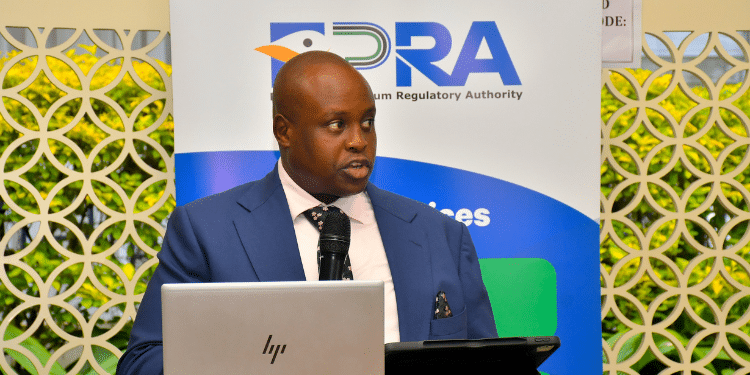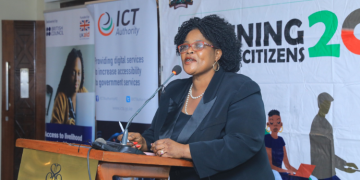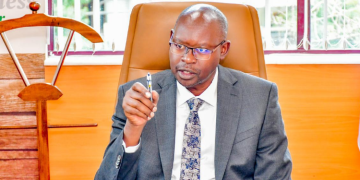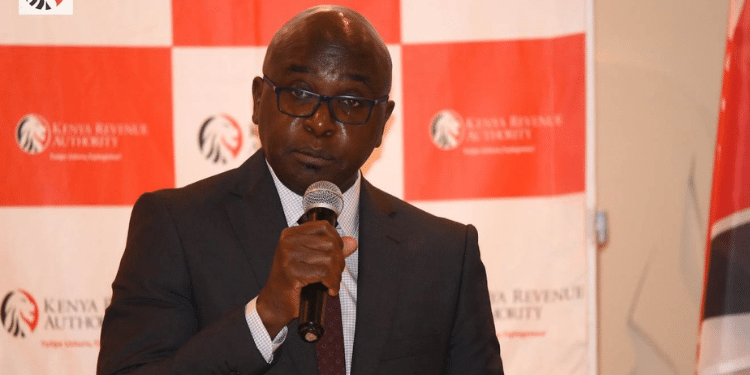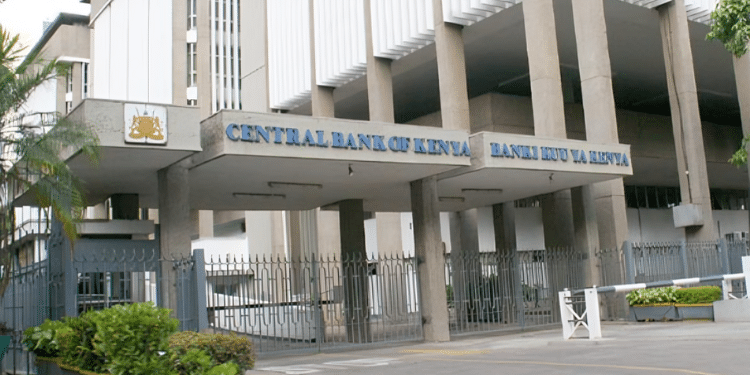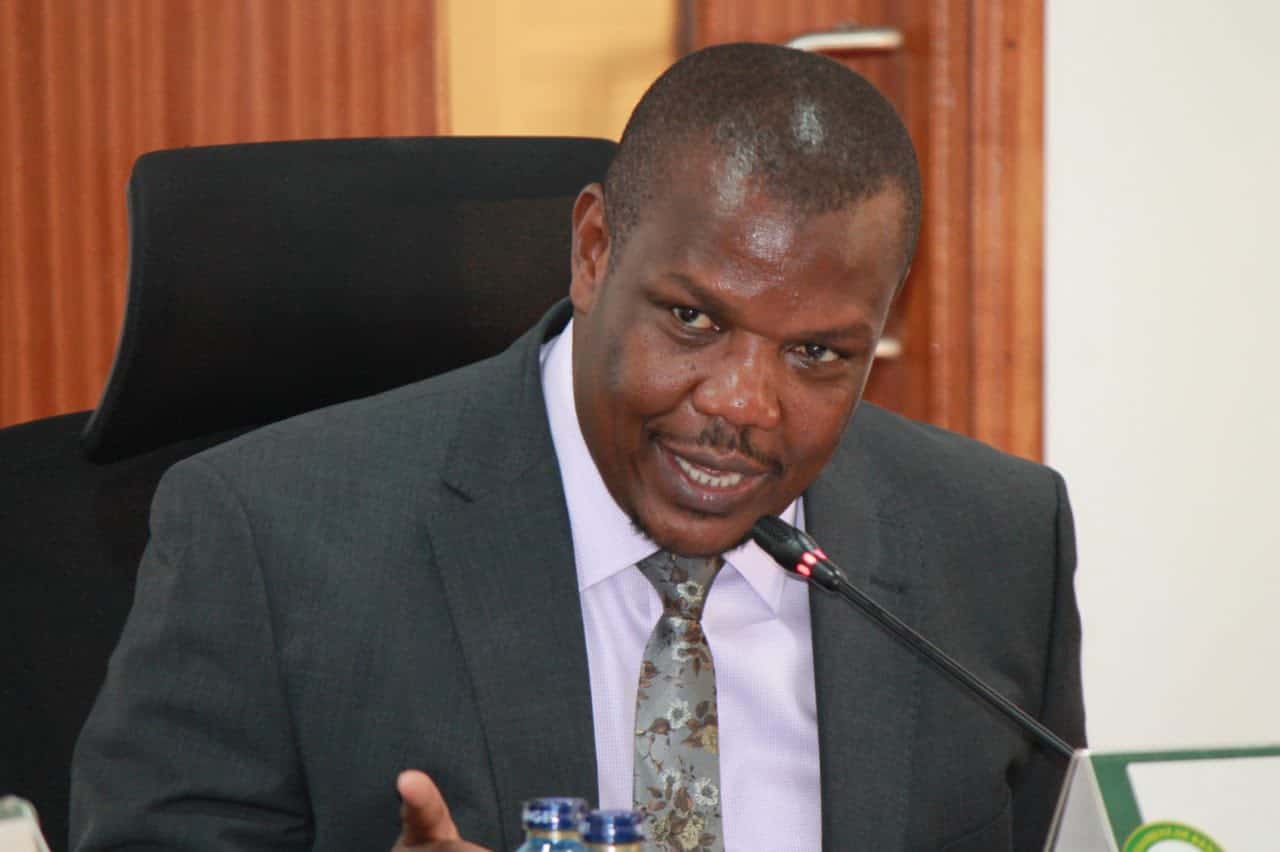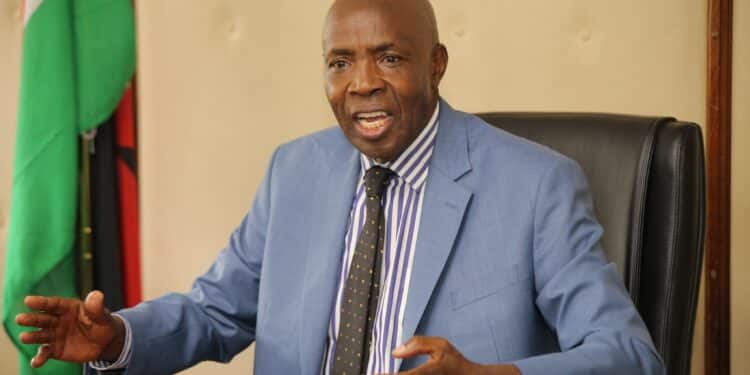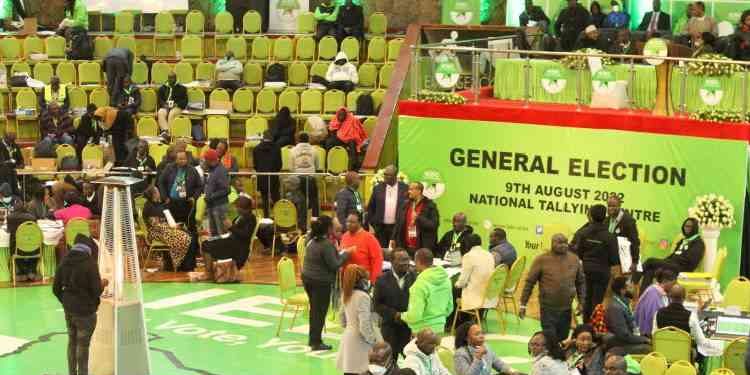The Ministry of Education has directed schools to stop administering interschool mock exams and subjecting learners to extra hours.
In a circular dated July 6, Basic Education Principal Secretary Dr. Belio Kipsang referred to similar circulars that the ministry issued in 2008 and 2015, denouncing the tests.
At the same time, Dr. Kipsang stated that mock examinations and tuition interfere with the normal school calendar and exposes parents to extorsion.
“The purpose of this circular is to ask you to bring this to the attention of all schools within your jurisdiction and take corrective measures to stop any occurrence,” Dr. Kipsang directed County and Sub County Directors of Education.

In addition, the ministry reminded school administrators of the guidelines on tuition and mock examinations, which the Parliamentary Committee on Education tabled on the floor of the house in 2008.
The then Mosop lawmaker David Koech chaired the committee while Claire Omollo led the Special Investigation Team to investigate unrest in schools.
Also Read: Ministry of Education to Conduct School Assessment Before Grade 7 Admissions
Guidelines on Tuition and mock exams
On tuition, the Committee recommended that class teaching take place during the normal school timetable except in special circumstances that lead to the interruption of the school program.
Moreover, the Investigation Team found that teachers use extra tuition to cover content that they should complete during the normal school calendar.
Also, remedial teaching should be strictly for weak students who lag behind their classmates in normal curriculum delivery.
Further, it is directed that parents should not pay fee for tuition noting that it was a commercial enterprise through which some teachers earn extra income.
“Prep time should be left to students to carry out individual learning or revision without formal teaching,” read part of the guidelines.
Further, the Committee outlined that teachers should not use the time set aside for Physical Education, life skills and games to cover examinable subjects.
Where teachers miss lessons, the principal should organize with another teacher to utilize the lesson and exchange the lesson when the teacher returns.
Likewise, parents should spend time with their children during weekends and holidays instead of using teachers and schools to keep the students busy.
Also Read: Makini Schools Clears the Air After Expelling 2 Learners
Guidelines on Joint Mocks Exams
To minimize commercialization and streamline assessment, the ministry banned school heads from organizing provincial and mock exams.
” Schools may have joint continuous assessment tests (CATs) between schools on either bilateral or multilateral arrangement provided that these are not mock examinations, and no special payment is charged to students,” read part of the guidelines.

In addition, the Committee encouraged joint CATs to explain school-based tests but prohibited schools from using any commercial examinations for CATs.
Schools should conduct internal examinations regularly in all classes from forms one to form four.
“Any continuous assessment test (CAT) must be administered and marked by the teacher who teaches the class,”
The Tuition Vote Head of the school should fund internal CATS and the administration should post dates of such examinations on notice boards.
Finally, the results of all the CATs should form part of the end term results for all students.


